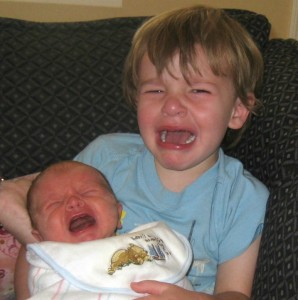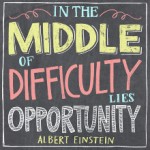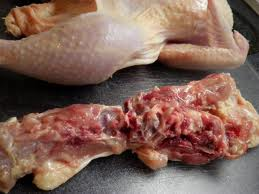Birthday Parties with Special Needs…
by Julia Garstecki
Raising a child with a special need certainly has its ups and downs. An impending birthday party, either for your child or a peer, can be a roller coaster ride of emotions for both you and your child. With creative planning and realistic expectations, your child can be a part of the fun.
If you are hosting….
Let your child guide the planning. What does your child like? What are they able to do? If your child doesn’t like chaos on a daily basis, they certainly won’t have fun with a house full of kids amped up on cake and ice-cream! You can still decorate and get a cake, even if there are only a few guests to make it special. […]





